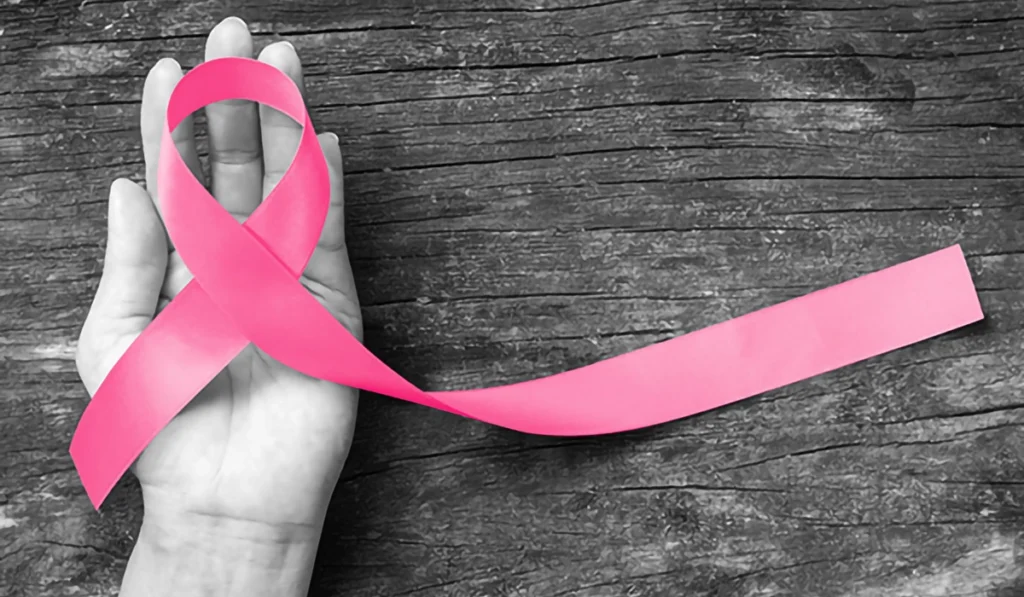
Attending cervical screening (also known as a smear test) is important to protect yourself from cervical cancer. The aim of cervical screening is not to identify cancer but to detect higher risk individuals before they potentially develop cancer. The smear sample is tested for particular high risk strains of Human Papilloma Virus (HPV). HPV can cause changes to the cells in the cervix, and these abnormal cells can later develop into cancerous cells. If HPV is found in the smear sample, then further testing is done to look for abnormal cells. The testing is designed to detect subtle cell changes before they develop into cancer and when abnormal cells are found they can be treated through colposcopy.
Generally anyone with a cervix is invited for screening appointments between the ages of 25 and 64. If samples are clear then you will be invited back every five years. You may be invited more frequently if HPV or cell changes are detected. Some people are invited up to aged 70 depending on their screening history.
Occasionally, there are signs that cancerous cells have already developed, in which case you would be referred for the appropriate further investigation and treatment.
The reason we now test for HPV and the routine interval has been increased from 3 years to 5 years is due to the success of HPV vaccination programme. This means that far fewer people have HPV and we can identify those at higher risk of cervical cancer much earlier. The HPV vaccine is offered to young people aged 12 to 13 years old and some people who are at higher risk from HPV. Further information can be found here:
https://www.nhsinform.scot/healthy-living/immunisation/vaccines/hpv-vaccine/
We have been offering HPV vaccination for 16 years now with high uptake rates, so many younger adults have been protected and rates of abnormal smears and cervical cancer have reduced. HPV vaccine also protects against some other forms of cancer. However the HPV vaccine does not prevent all cases of cervical cell changes and cancer, so it is important to attend screening appointments even if you have been vaccinated. But your risk is very much reduced if vaccinated. More information about cervical screening can be found here:
https://www.nhsinform.scot/healthy-living/screening/cervical-screening-smear-test/
However, even with HPV vaccination, and attending screening regularly, it is still possible to develop cervical cancer. It is therefore important to know and recognise what the symptoms might be. Common symptoms include heavier periods than you normally have, vaginal bleeding between periods, after sex or after the menopause. There are many other conditions that can cause these symptoms that are not related to cancer. However, if you experience them, you should make an appointment at your local GP Practice as soon as possible, even if you have recently had a normal cervical screening result. More information about symptoms can be found here:
https://www.nhsinform.scot/illnesses-and-conditions/cancer/cancer-types-in-adults/cervical-cancer/
NHS Shetland’s Director of Public Health Dr Susan Laidlaw said “the combination of HPV vaccination and cervical screening is proving incredibly successful in reducing the number of cases of cervical cancer However, I know that not everyone is comfortable with vaccinations and there are many women who find cervical screening very difficult. Please read the information on NHS Inform and do contact your GP Practice if you have any questions. The practice nurses have a wealth of experience in undertaking cervical smears and can make changes to the process to make it easier for you such as longer appointments, or having someone with you. I would encourage anyone who has missed cervical screening appointments or is worried about attending to speak to your Practice Nurse. You can also speak to the school nursing team if you have any questions about the HPV vaccination delivered in school.
There are dedicated resources for those with learning disabilities which can be accessed here:
Cervical Screening – Health ScreeningAnd I would encourage any women who are worried about screening to watch this video: